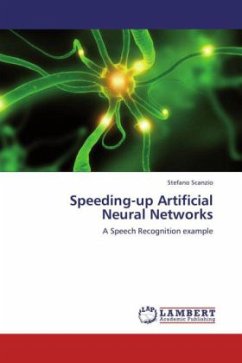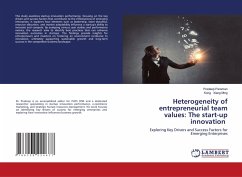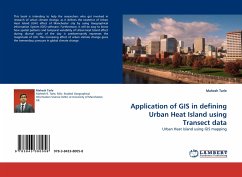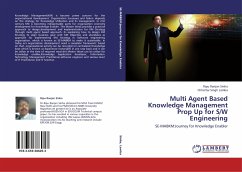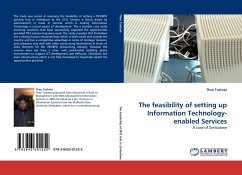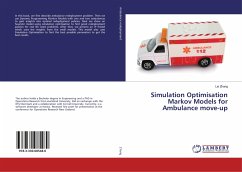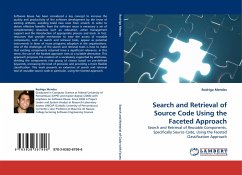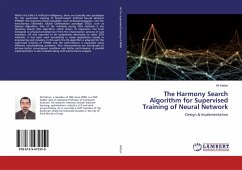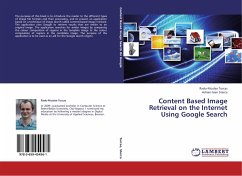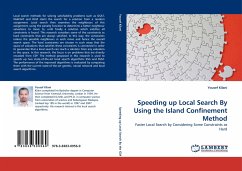
Speeding up Local Search By Using the Island Confinement Method
Faster Local Search by Considering Some Constraints as Hard
Versandkostenfrei!
Versandfertig in 6-10 Tagen
52,99 €
inkl. MwSt.

PAYBACK Punkte
26 °P sammeln!
Local search methods for solving satisfiability problems such as GSAT, WalkSAT and DLM starts the search for a solution from a random assignment. Local search then examines the neighbours of this assignment, using the penalty function to determine a better neighbour valuations to move to, until finally a solution which satisfies all constraints is found. This research considers some of the constraints as hard constraints that are always satisfied. In this way, the constraints reduce the possible neighbours in each move and hence the overall search space. The hard constraints are chosen in such...
Local search methods for solving satisfiability problems such as GSAT, WalkSAT and DLM starts the search for a solution from a random assignment. Local search then examines the neighbours of this assignment, using the penalty function to determine a better neighbour valuations to move to, until finally a solution which satisfies all constraints is found. This research considers some of the constraints as hard constraints that are always satisfied. In this way, the constraints reduce the possible neighbours in each move and hence the overall search space. The hard constraints are chosen in such away that the space of valuations that satisfies these constraints is connected in order to guarantee that a local search can reach a solution from any valuation in this space. In this research, the focus is on problems that are directly encoded from CSP. The method proposed in this research is used to speeds up two state-of-the-art local search algorithms ESG and DLM. The performance of the improved algorithms is evaluated by comparing them with the current state-of-the-art genetic, neural network and local search algorithms.



